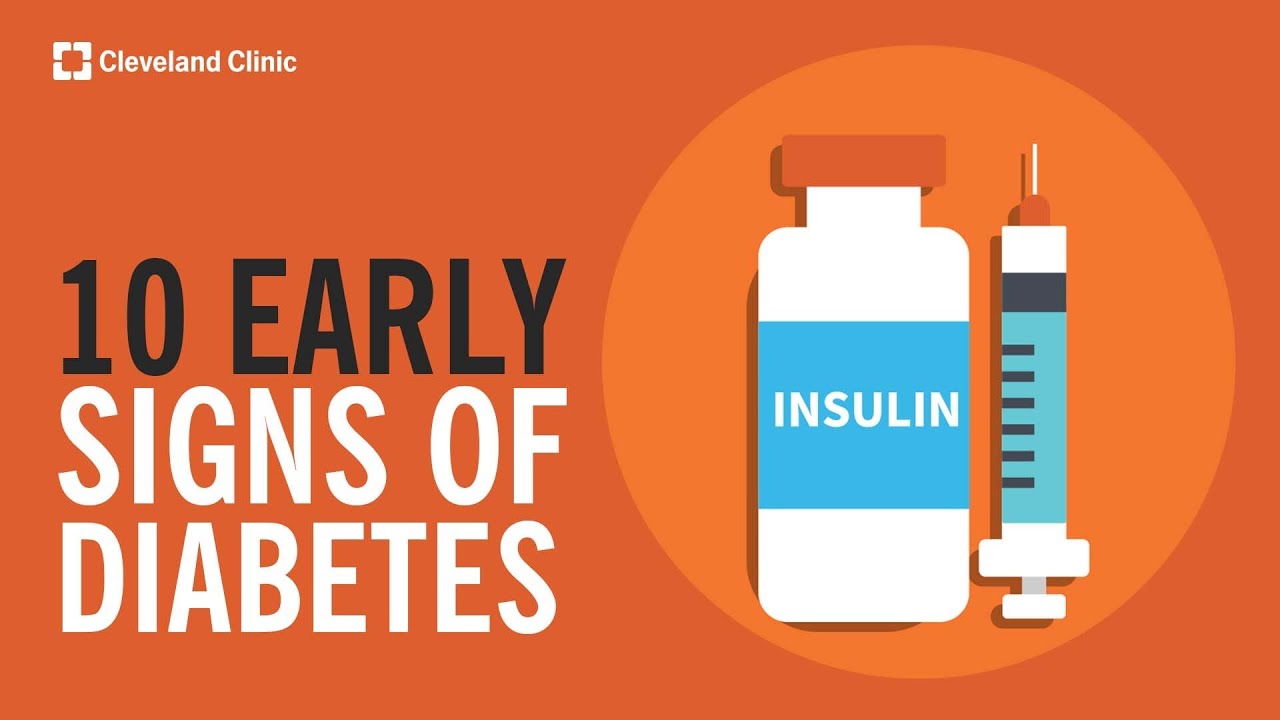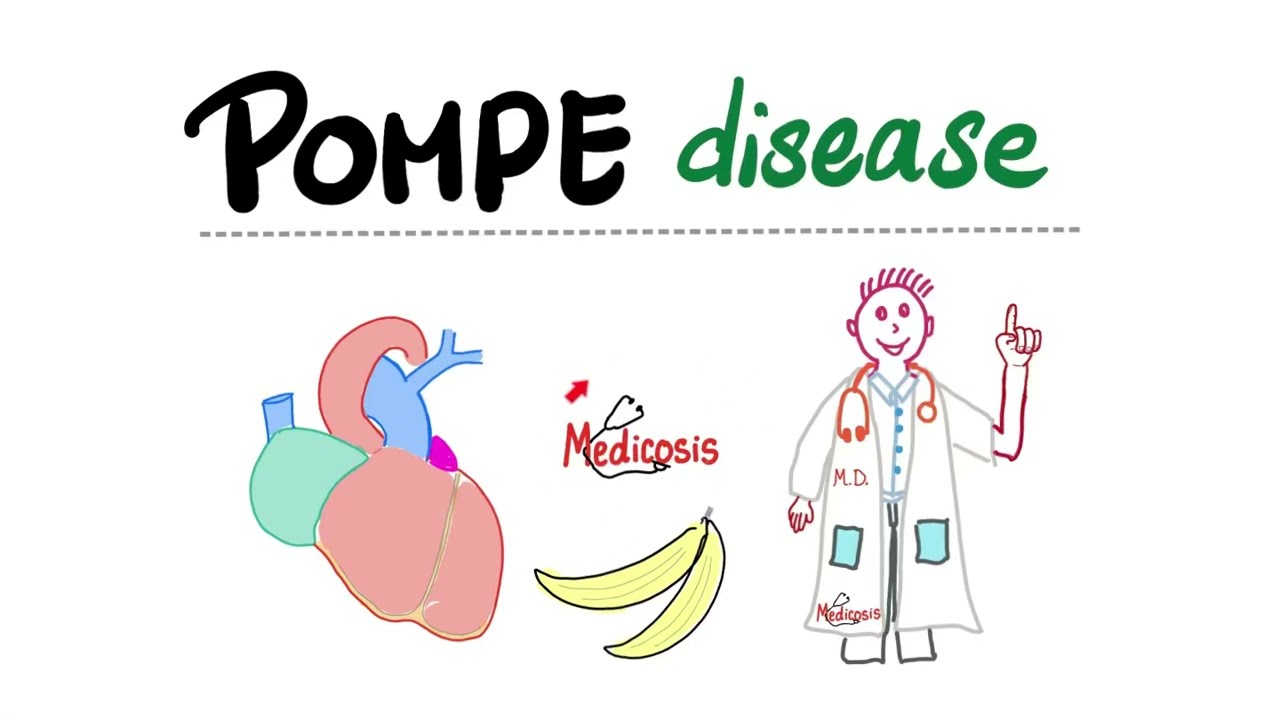Adding basal or prandial insulin regimens may improve diabetes control
Reuters Health • The Doctor's Channel Daily Newscast
Of the two, the basal regimen was associated with fewer hypoglycemic episodes and less weight gain. Both regimens, however, were more effective than a biphasic insulin-based regimen at lowering glycated hemoglobin levels.
“The results,” Dr. Rury R. Holman and co-researchers conclude, “support the initial addition of basal insulin to oral therapy, with subsequent intensification to a basal-prandial regimen, consistent with consensus recommendations.”
The findings stem from the Treating to Target in Type 2 Diabetes (4-T) study, a 3-year investigation featuring 708 patients with suboptimal glycated hemoglobin levels despite treatment with metformin, sulfonylurea, or both.
Dr. Holman, from the University of Oxford, UK, and colleagues note that subjects were randomized to receive biphasic insulin aspart twice daily, prandial insulin aspart three times daily, or basal inulin detemir once daily (twice if needed). A second type of insulin was substituted for sulfonylurea during the second year of the study if glucose levels were unacceptable or if glycated hemoglobin levels were >6.5%.
Although the median glycated hemoglobin levels were comparable in each group, hovering closing around 7.0%, patients in the prandial or basal groups were more likely to achieve levels of 6.5% or less compared with those in the biphasic group (44.7% and 43.2% vs. 31.9%). The corresponding percentages of patients who replaced sulfonylurea with a second type of insulin were 81.6%, 73.6%, and 67.7% (p = 0.002).
The median number of hypoglycemic episodes per patient per year was lowest in the basal group (1.7), followed by the biphasic group (3.0) and then highest in the prandial group (5.7).
Body weight increased in all three groups, although patients in the basal group gained less than those in the other groups.
In an accompanying editorial, Dr. Michael Roden, from Heinrich Heine University Clinics, Dusseldorf, Germany, comments that it remains unclear whether the current findings can be extended to clinical practice. He notes that only insulin analogues were used in the study, “whereas regular human insulin is considered the first choice in consensus statements.”
First, Dr. Roden states, there is not enough evidence to conclude that these analogues are superior to regular human insulin. Second, he adds, there is concern from experimental studies that the analogues may have “safety issues such as mitogenic and antiapoptotic effects.”
Reference:
N Engl J Med 2009;361:1736-1747,1801-1803.








